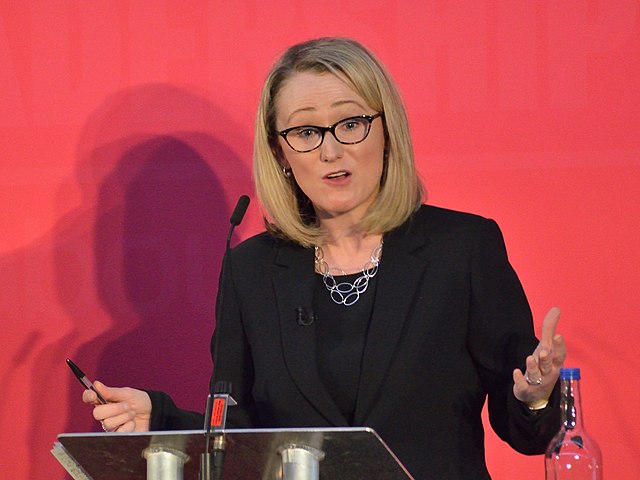
Salford and Eccles MP Rebecca Long-Bailey is leading calls to put an end to “rampant profiteering” and “freeze energy bills” in a broadside against the government following huge profits announced by oil giant BP.
The British-headquartered firm revealed profits of $27.7 billion and follows huge numbers announced by Shell recently.
The shaky supply of energy in the past year following the Russian invasion of Ukraine has left residents and businesses in UK to try and grapple with soaring bills, and Salford is no exception.
In a statement provided to Quays News, Ms Long-Bailey said: “The cost-of-living crisis has been devastating to households across Salford.
“Whilst the people of Salford struggle, energy companies have been profiting.”
The MP, critical of the level of support offered by the government, claims that this has left families choosing between heating and eating, left businesses considering closure and is stretching school and public service budgets.
In her statement to Quay News, MP Long-Bailey added: “The government must stop turning a blind eye to rampant profiteering, freeze energy bills and urgently bring in a robust windfall tax on energy giants, with those funds used to help the millions of households and businesses struggling.”
The Salford and Eccles MP also called for a longer-term plan, which she believes requires action on energy efficiency through the insulation of homes and a reduced dependence on fossil fuels through a ‘green industrial revolution’.
“That starts with quadrupling our offshore wind, tripling solar power and more than doubling our onshore wind capacity,” she added.
Businesses have had to become adept at weathering changes to the way they function, from Brexit, through the coronavirus pandemic, to the soaring costs of energy they face now.
Despite all challenges faced in previous years, data from the Centre for Retail Research shows retail stores found 2022 the toughest yet, recording over 17,145 store closures for the year. This is up from 11,459 the previous year.
The figures are even higher than those recorded in 2020, which saw most stores forced to temporarily close through coronavirus lockdowns, with 16,045 permanent store closures recorded for that year.

Salford businesses, as suggested by Ms Long-Bailey, were no different in feeling the force of financial pressures from costly bills in the last year, with multiple shop owners last year reporting fears of closure to Salford Now.
Data from the ONS shows that in the 12 months prior to December 2022 gas prices more than doubled nationally, up 128.9% on the previous year.
With the recently announced annual profits of BP and Shell both also coming in at over double the level of the previous year, some members of the public have been led to question whether it is fair for energy companies to keep profits made in these circumstances.
Last year, whilst chancellor, Rishi Sunak introduced the Energy Profits Levy, which levied a new 25% tax on the extraordinary profits of oil and gas companies.
This applies only to profits made from extracting UK oil and gas and does not capture other forms of activity from energy companies, such as sales in petrol stations and electricity generation.
Later in 2022, in his Autumn Statement, current chancellor Jeremy Hunt announced that from January 2023, the Energy Profits Levy would be increasing to 35%.
Some argue that in light of the recent profit announcements, this still does not go far enough to protect consumers from rising prices.
